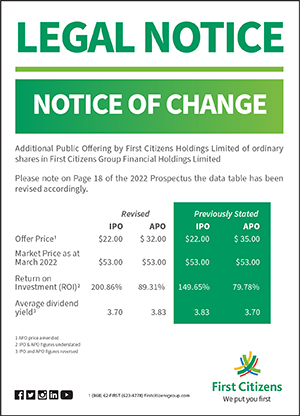Best Practices
- Make sure your password is complex
Short-length passwords are easy to hack. For added security, try to create lengthier passwords. Using upper and lowercase alphanumerical characters is also one of the best practices to boost password security.
- Use a word that can’t be found in a dictionary
Hackers let a bot do the job – executing a high number of attempts per minute until they find a password. If you must use a dictionary word, try combining your password with a number or adding punctuation at the beginning or the end of the word. Simply put, get creative and formulate unique combinations.
- When possible, use brackets
Feel free to use curly { }, round ( ), square [ ] or even angle < > brackets. People rarely use them. So, this makes them a great way of boosting password security. The more you mix up letters with brackets or symbols, the harder it is for a hacker to compromise.
- Use misspelling words
Bad spelling or password typos can make a huge difference in your overall password security. Hackers usually search for passwords using correct grammar and spelling in their attacks. The potential benefit of this method is that it enables you to create more complicated passwords.

